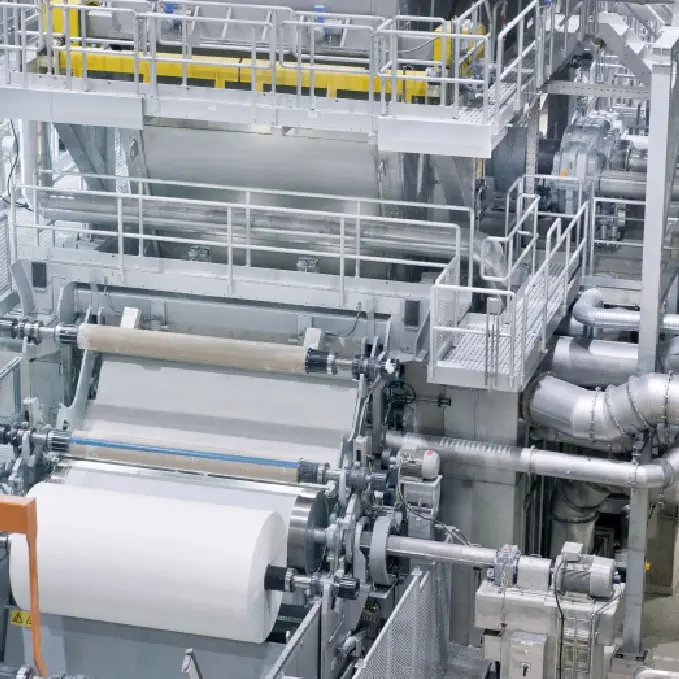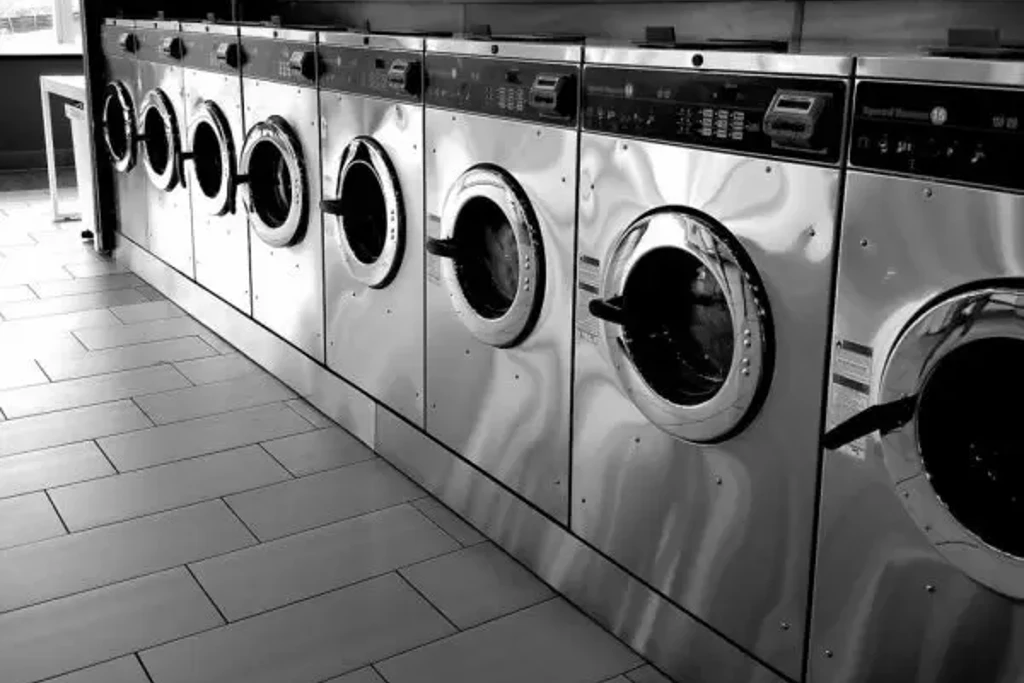Ozone Wastewater & Industrial Applications:

OZONE IN WASTEWATER TREATMENT
Industrial wastewater can contain a wide range of constituents, including high BOD (Biochemical Oxygen Demand), COD (Chemical Oxygen Demand), color, phenols, cyanides, sanitary waste, and other compounds. Ozone is widely applied in wastewater treatment for its strong oxidative potential, supporting the breakdown of organic compounds and assisting in the management of complex wastewater streams. When properly applied, ozone treatment can contribute to more efficient processing and help reduce reliance on traditional chemical treatments. This environmentally conscious technology is used across industries such as pharmaceuticals, textiles, automotive, and foundries to support wastewater management under controlled conditions.

OZONE IN COOLING TOWER SYSTEMS
The use of ozone in cooling tower treatment has grown in industrial applications due to its strong oxidative properties and on-site generation. Ozone can support water treatment processes by helping manage microbial growth, controlling biofilm formation, and assisting in the mitigation of scale and total dissolved solids (TDS) accumulation. Because ozone is generated on-site, it can reduce the need for handling and storing traditional chemical treatments. When properly integrated and operated, ozone systems can contribute to operational efficiency and support system performance under controlled conditions.

OZONE IN PULP & PAPER APPLICATIONS
Ozone has been applied in pulp bleaching for decades due to its strong oxidative properties. In bleaching processes, ozone can support pulp brightness and quality while reducing the reliance on traditional chemical oxidizers. When properly integrated and operated, ozone systems contribute to environmentally conscious pulp processing and can help align operations with sustainability goals under controlled conditions.

OZONE IN HYDRAULIC FRACTURING APPLICATIONS
In the oil and gas industry, ozone is applied to support water treatment and reuse in hydraulic fracturing operations. Ozone’s oxidative properties can help manage volatile organic compounds (VOCs) and facilitate the breakdown of certain organic constituents in process water. When properly integrated and operated, ozone systems can reduce reliance on traditional chemical treatments and support water recycling.

OZONE IN COMMERCIAL LAUNDRY APPLICATIONS
In commercial laundry operations, ozone is applied as part of controlled oxidation processes to support washing and sanitation. Ozone can help reduce the reliance on high-temperature washes and some chemical treatments, while assisting in the management of water and energy use under proper operating conditions. When integrated correctly, ozone systems contribute to more sustainable and efficient laundry operations.

OZONE IN TEXTILE INDUSTRY APPLICATIONS
The textile industry employs a variety of wet and dry processing techniques to achieve desired fabric effects. Large volumes of water and chemicals are typically used in production, resulting in significant wastewater and solid waste streams. Ozone is applied in certain bleaching and oxidation processes to support the reduction of chemical usage and assist in managing wastewater under controlled conditions. When properly integrated, ozone systems can contribute to more environmentally conscious and operationally efficient textile processing.

